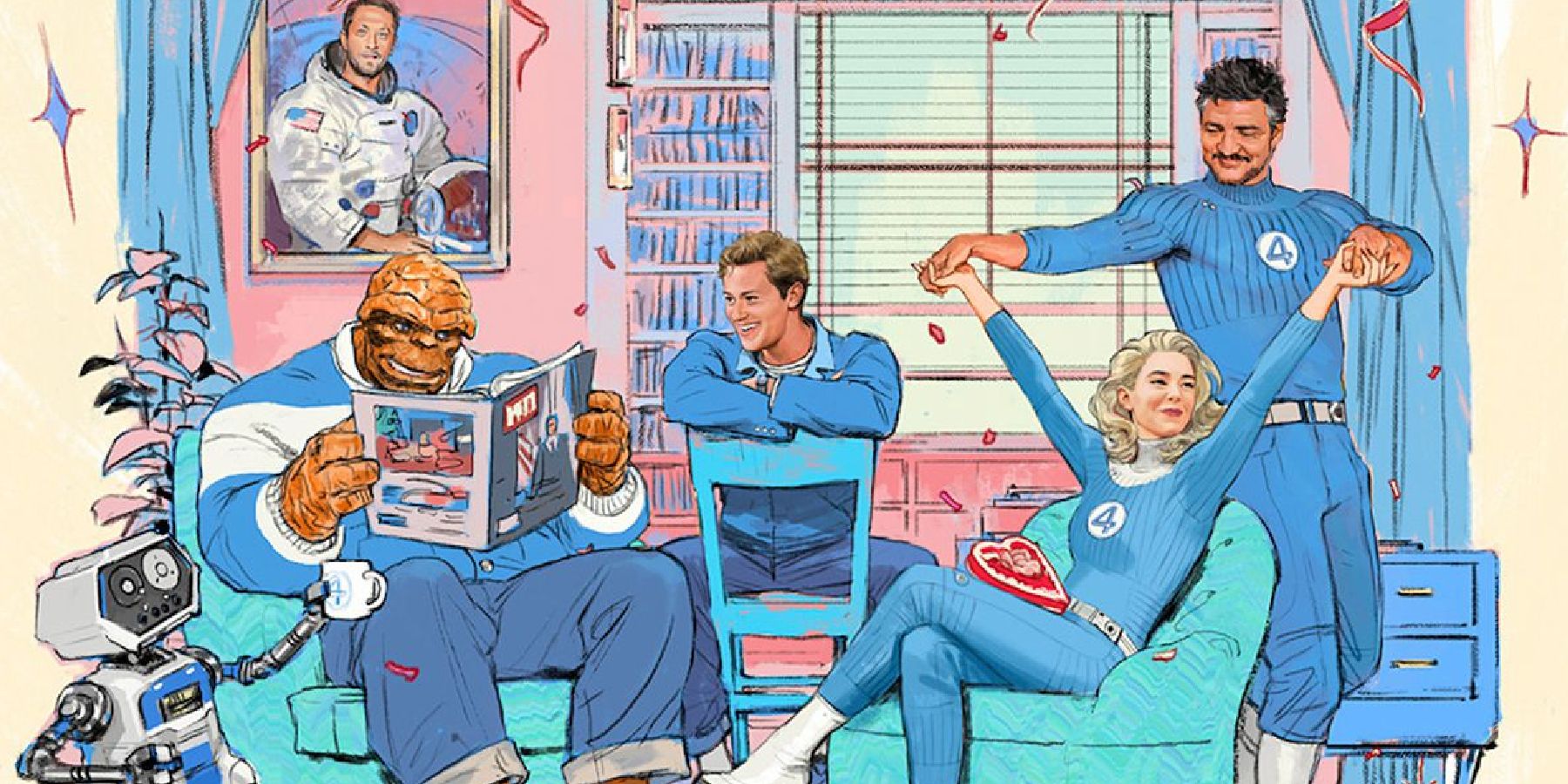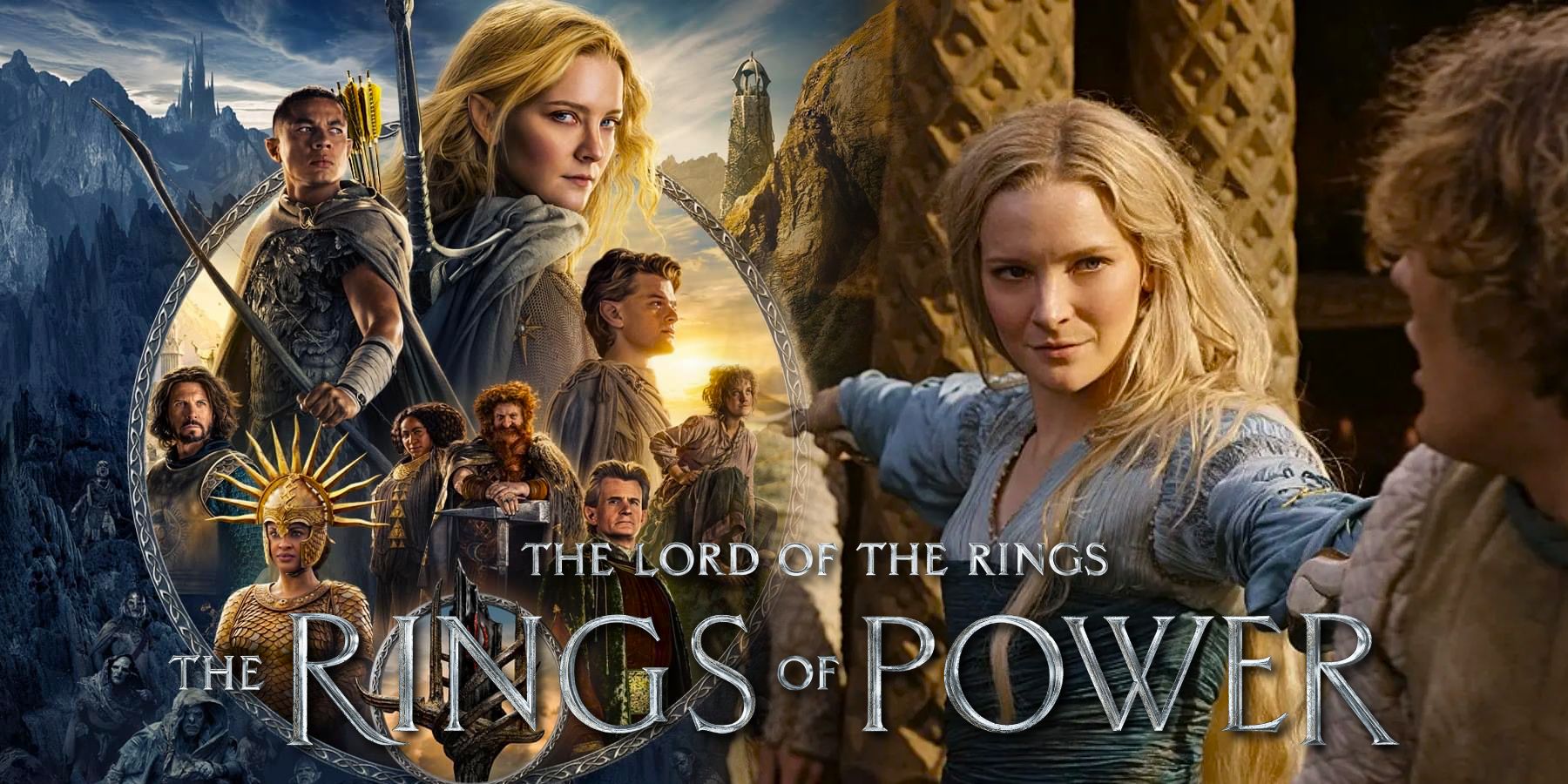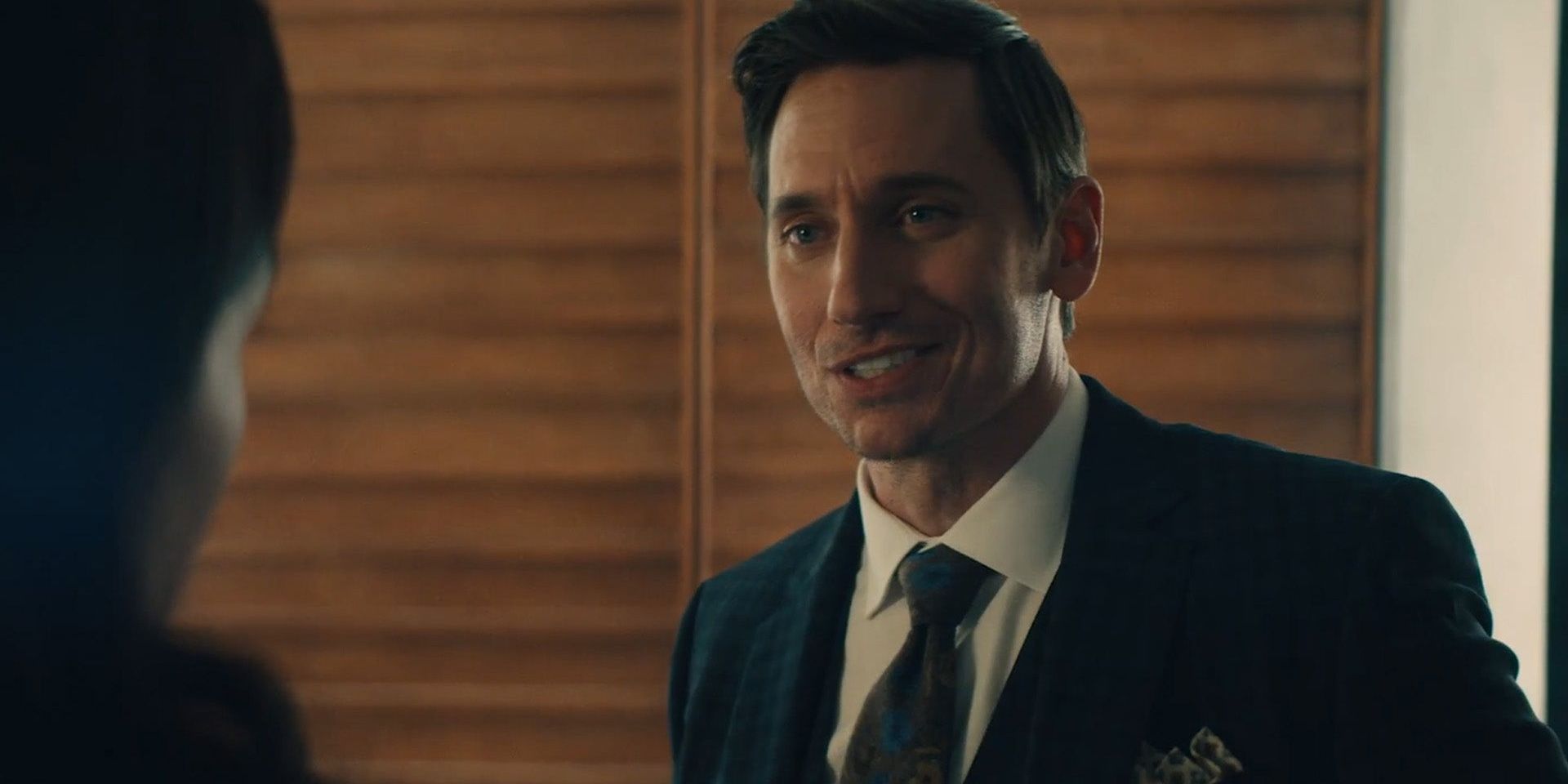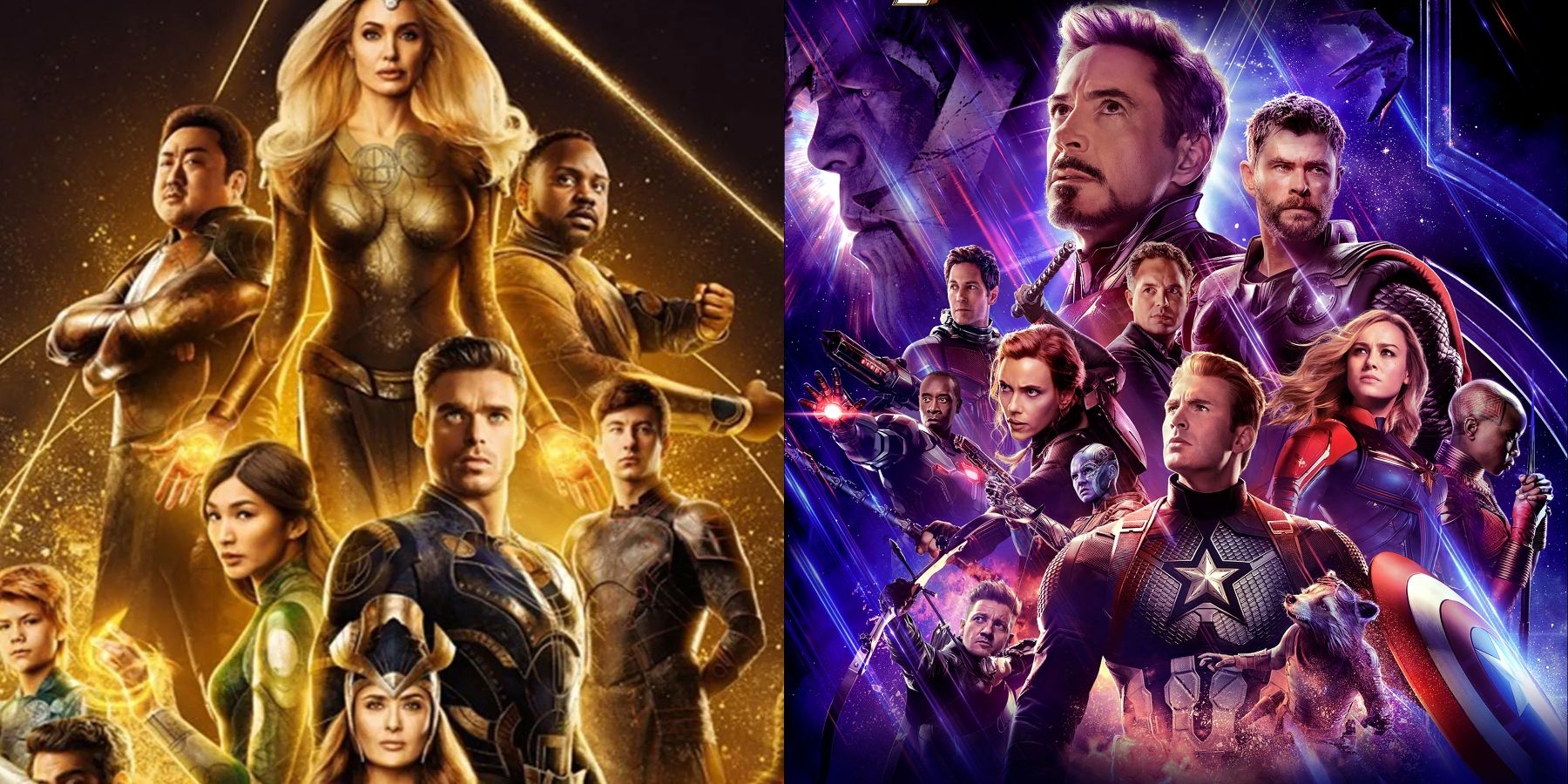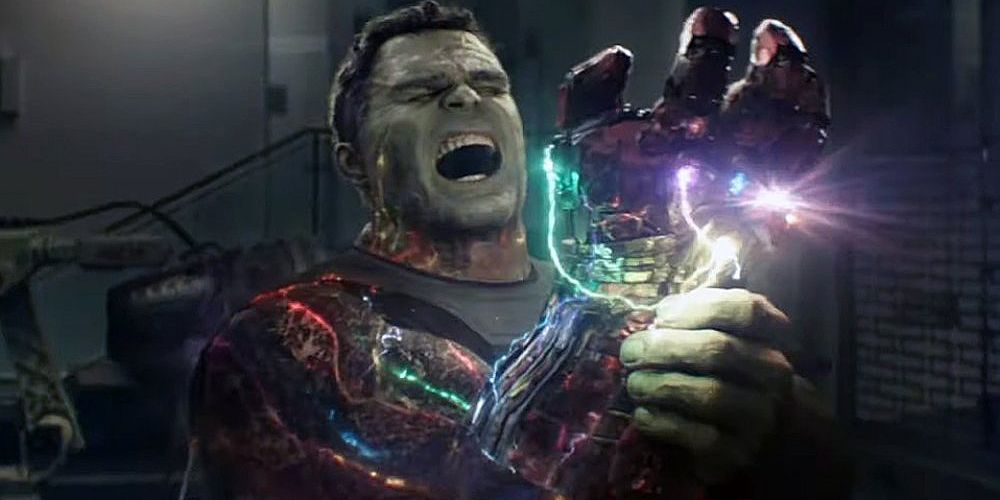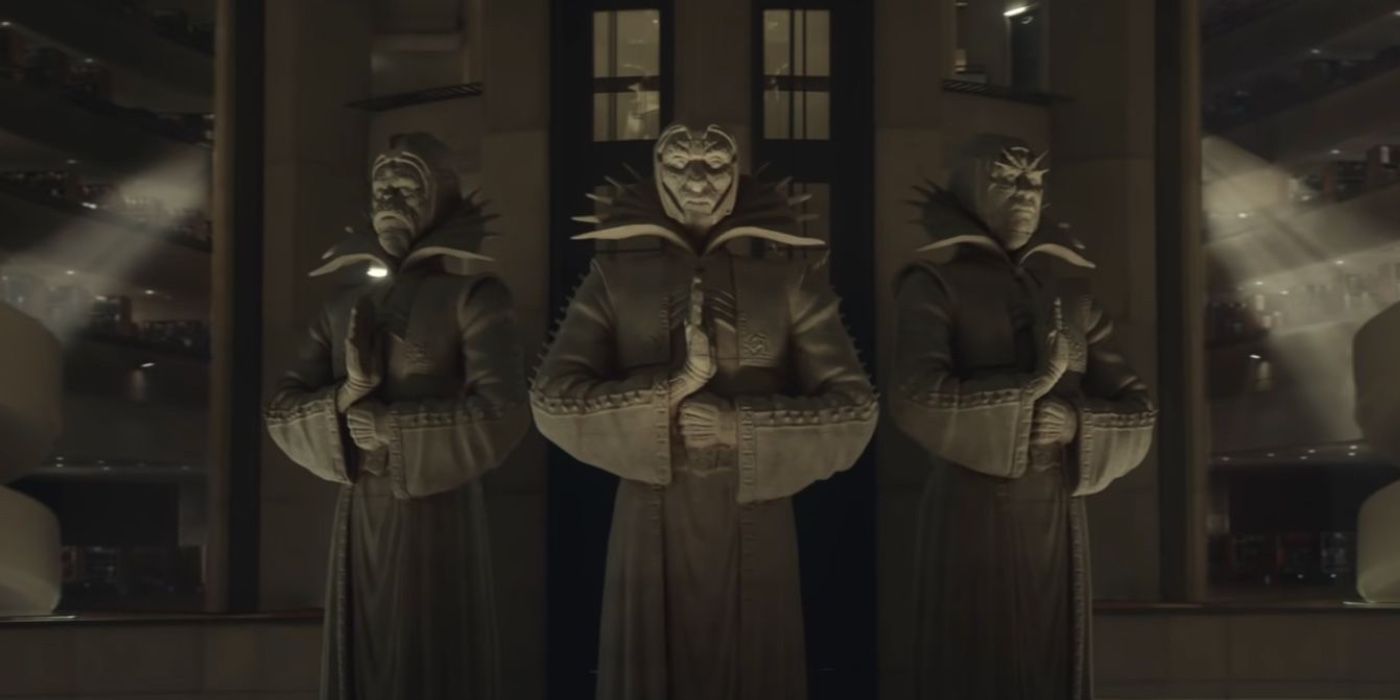Eternals will clearly bring many new concepts and dimensions to the Marvel Cinematic Universe when it falls into place. The film is operating on a new scale, beyond even the universal concerns of the franchise, but it will still fit into the larger MCU, possibly even expounding on some of the big concepts laid in previous films.
The Eternals were created by comic book legend Jack Kirby in the early '70s, as a riff on one of his favorite subjects, Erich von Daniken's Chariots of the Gods. The Eternals in canon are an alien race created by the Celestials, as a byproduct of the same process which led eventually to life on Earth. They protect the universe from their evil counterparts, the Deviants.
Many of the biggest moments in MCU history came in the massive final battle of Avengers: Endgame. Most fans probably best remember the countless portals which heralded the ultimate "Avengers Assemble", or Captain America wielding Mjolnir, or the death of Tony Stark, but one moment has shown to be even more important than it first appeared. Hulk gains control of the infinity gauntlet and uses it to undo the evil actions of Thanos, immediately resurrecting half of all life and unleashing an unprecedented amount of energy. Among the scant information available from Eternals, trailer dialogue has made it clear that Hulk's snap will be a major detail in the future of the franchise.
Ajak's dialogue in one of the teasers makes it clear that what humanity accomplished was outstanding. The film has made it clear that the particular circumstances of Hulk's snap caused a yet unexplained cosmic event called the Emergence. While Marvel has not revealed what the Emergence is, and there is not a specific event by that name in the comics, there are many things teased so far that the event could be. The film focuses on the sudden appearance of the long-hidden Deviants, perhaps the cosmic energy of Hulk's snap provided the necessary catalyst to rouse them. Alternatively, the film will bring into attention a concept the MCU has mentioned, but never really dived deep into; the Celestials.
The best remembered Celestial in the MCU thus far would be Kurt Russel's turn as Ego the Living Planet, Star-Lord's father in Guardians of the Galaxy Vol. 2. The first Guardians film also featured a Celestial, briefly glimpsed using the power stone to destroy a planet in a flashback provided by The Collector. The Celestials are effectively cosmic deities, more powerful by far than anything that has graced the MCU. Celestials are known for testing inhabited planets, often deeming them worthy or unworthy and subsequently annihilating them. Despite their general presentation, they aren't precisely evil in most cases, their motivations are inscrutable as they are beings far higher than the mortals the MCU is typically concerned with. If Hulk's snap is the catalyst that brings the Celestials to Earth, the consequences could be dire.
The ripple effect of Hulk's actions could travel far beyond Eternals, in fact, it could play a part in the franchise's new biggest concern. Since Endgame, Marvel has begun to focus in on the comic's beloved multiverse concept. Loki spent plenty of its runtime expounding on multiple timelines and exploring the consequences. The upcoming Doctor Strange film is entitled Multiverse of Madness, very clearly stating its central focus. While it's unquestionably the Avenger's time-travel antics that create the branching paths, it is possible that Hulk's snap was powerful enough to be felt across realities. Events in other realities could be affected by this tremendous event, and the final tally of changes made could be truly staggering.
There is another fun idea that the Hulk snap could bring into canon, unmentioned in the films, but key in the comics. Most fans are aware that Thanos' motivation was changed substantially in jumping from page to screen. The Thanos of the comics is motivated by love, a romantic obsession with the cosmic personification of Death. Death gives Thanos the mission to wipe out half of all life in the comics, but this goes unmentioned for the most part. This concept is referenced in Thanos' brief appearance in 2012's The Avengers, wherein The Other accuses Thanos of courting death, much to his delight. Death has appeared in diegetic art in the MCU, but never as a character, as she does in the comics. But perhaps, the perfect moment to bring Death into the MCU is the coalescence of the Mad Titan's plan being foiled and countless beings escaping her clutches.
Looking back, the Hulk snap moment is big, but the film moves past it quickly to get to the other dozen iconic moments it packs into its final act. The MCU has this moment as a seed that could lead to countless new dimensions. Hulk didn't exactly have an instruction manual for wielding the infinity gauntlet, who knows what strange happenings could have occurred alongside his intended goal. Eternals has made it clear that this moment will have ramifications far outside its massive moment.

